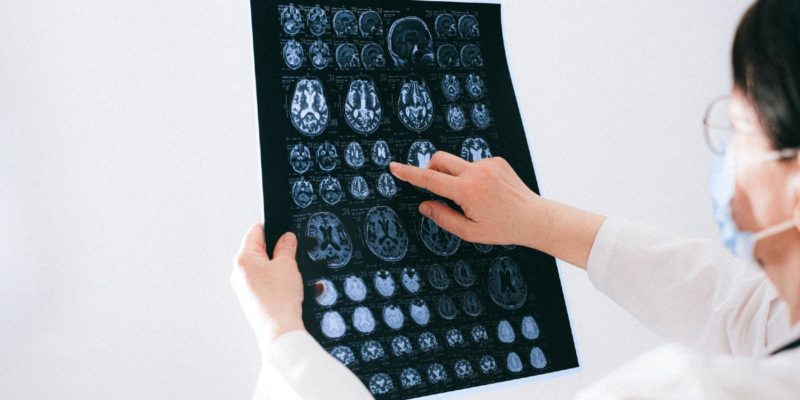New Alzheimer’s Treatment Shows Real Promise in Slowing Cognition Decline Using Antibody in Human Trials
Leading pharmaceutical company Eli Lilly has just demonstrated the efficacy of its drug donanemab for Alzheimer’s disease in phase 2 human clinical trials.
The results are a major advance in treating a disease that currently affects six million Americans, but has almost no methods of relief.
Alzheimer’s is caused by the accumulation of tau protein structures called plaques. One of those plaques, called beta-amyloid, is the main culprit for neurodegenerative disease.
In a trial of 272 middle-stage Alzheimer’s patients, the investigational antibody Donanemab was shown to significantly reduce clinical decline by 32% over 18 months by targeting a type of beta-amyloid known as N3pG.
Several markers, such as cognition and better brain function, were found to be positive, although others showed no improvement.
The patients were switched from donanemab to a placebo after beta-amyloid levels returned to those of a healthy person, a process that took only a few months in some participants.
“We are very pleased with these positive results for donanemab as a potential therapy for people living with Alzheimer’s disease, the only leading cause of death without treatment that slows the progression of the disease.” said Mark Mintun, MD, vice president of pain and neurodegeneration, Eli Lilly and Company.
A side effect of brain inflammation, known as ARIA-E, occurred in 27% of patients treated with donanemab, the company said. However, Alzheimer’s disease has no cure and is fatal, so these side effects are generally better tolerated by FDA regulations since there are no other options for patients.
“Alzheimer’s disease is uniformly fatal … I think this safety profile combined with this efficacy profile is something we are excited about,” said Daniel Skovronsky, Lilly’s chief scientific officer. Reuters.
RELATED: Even moderate socialization with friends may prevent dementia in older people, study finds
A second trial with 500 participants is currently being organized in the hope that the effects can be reproduced.
SHARE this hopeful news with others who would love to hear it …








